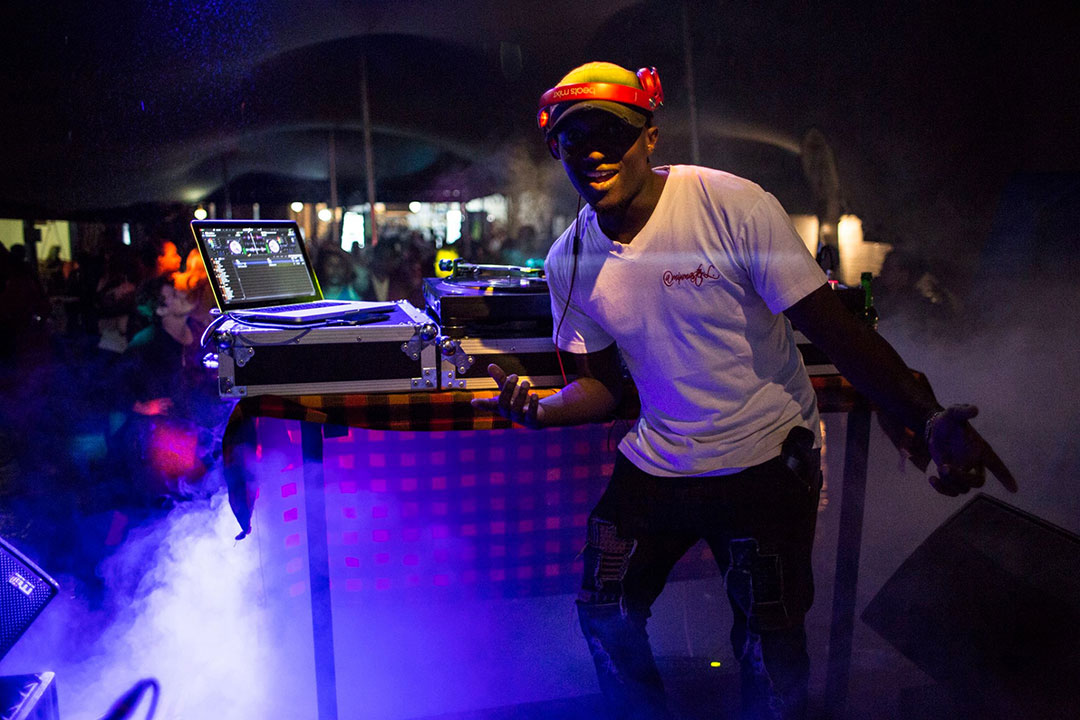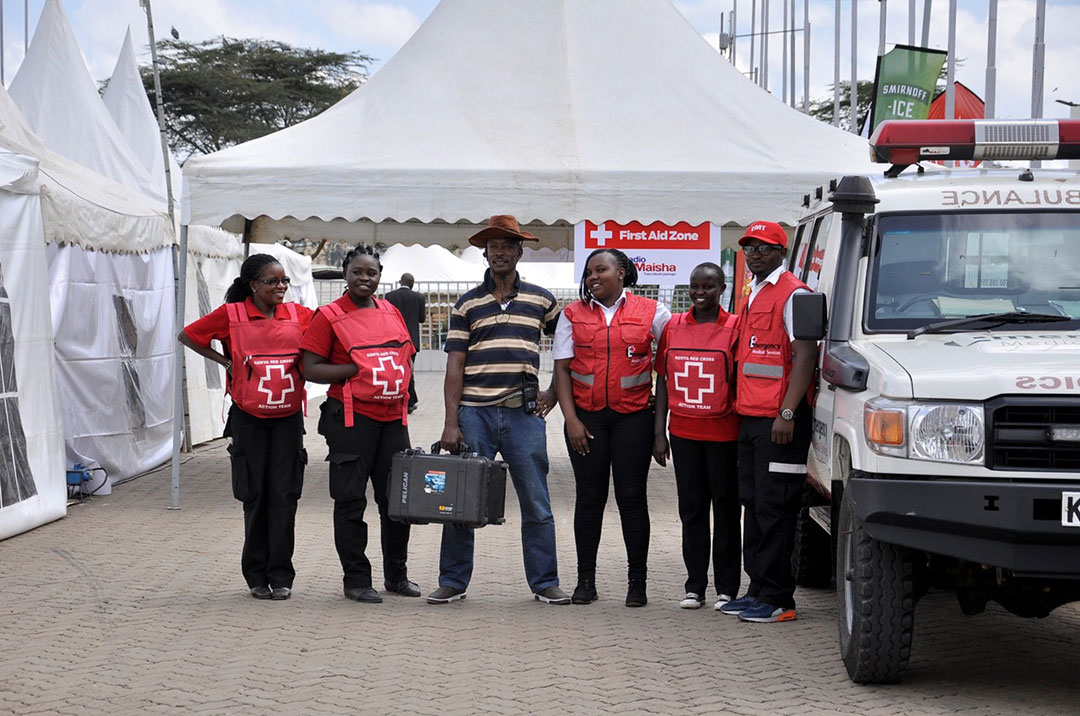COVID-19 wreaks havoc on the Kenyan entertainment industry
While there are those who have thrived, for most entertainers in Kenya COVID-19 came close to decimating the sector.
- 2 November 2021
- 4 min read
- by Moses Mbasu

Over the last few decades, Kenya has established itself as a hub for global entertainment. Entertainers travelled from USA, UK, South Africa, even as far as Jamaica to perform in the country. 2020 started off with a major buzz and entertainment promoters had put big plans in place for the year. There were plans for international artists to come to Kenya and a lot of investment in brand new venues springing up across the nation.
In an attempt to reignite the industry, authorities started to allow ‘park and chill’ events across the country. The first was the Kikwethu Festival in October 2020, where the revellers sat in their vehicles as they watched artists and DJs perform on stage.
In a matter of days all that hope was shattered, and all those plans came to an abrupt standstill. Cinemas, performance halls, restaurants, malls, all had to reconsider their business. Newly opened venues lost their investment. International artists who had been paid kept the deposits they had already been paid. Booked venues for festivals and concerts also hung onto their deposits as promoters were left counting their losses. Performing artists all lost income as venues partially or fully closed down.
Innovation and thinking outside the box became the name of the game. Bars and restaurants swung into the food delivery service to keep themselves afloat. Performers took their craft to digital platforms such as Facebook and YouTube. DJs embarked on digital lockdown parties, setting up cameras in their homes to entertain their followers.
DJs and other performers were able to generate some revenue via donations or through the exploration of platforms that enabled them to charge listeners. In some instances, corporate brands took notice and sponsored these online events.
Despite the challenges, for some – like one of Kenya’s top DJs, Mixmaster Lenny – the pandemic has also been an opportunity to get close to fans.

“Yes, the pandemic was a game stopper, but we switched the way we engage with our fans. In this instance, it was a blessing, because we became even closer to our fans and they got to appreciate us more just like we appreciated them,” Lenny says.
As Kenyans became accustomed to being at home, they engaged more with online content and brands, and shifted some of their spend to online content creation and creators. There was an explosion in online comedy skits, dance, cooking shows, social commentary and the like. Content creators like comedian Elsa Majimbo, who has gone international, TikTok sensation Nasenya and comedian Flaqo have thrived within this new environment.
Have you read?
It is the promoters who have suffered the most. Before even reconciling with the loss of current income, they had to write off prior costs. Promoters lost money from concerts they had already booked and artists’ deposits already paid before the pandemic hit. Hotels, work permits and flights for overseas artists had also already been paid. These gigs never happened. The online concert space did not come close to making up for the loss of income.
Promoter Chris Kirwa, who puts on some of the biggest events in the country, says, “I went into depression, not because I’m lazy, but because the pandemic shut down my business. I hit ground zero and I am only just getting out of the rut.”

In an attempt to reignite the industry, authorities started to allow ‘park and chill’ events across the country. The first was the Kikwethu Festival in October 2020, where the revellers sat in their vehicles as they watched artists and DJs perform on stage. Mingling was discouraged to keep in line with the government’s strict COVID-19 protocols. These park and chill events became the norm at different venues across Kenya.
This allowed promoters to start generating some income and, for the last year, there have been regular park and chill events, even bringing in DJs from South Africa.
On Heroes Day, 20 October 2021, the president of Kenya cancelled all curfew restrictions and opened the country. The entertainment industry hasn’t wasted time in getting things going. Within days of the announcement, South African musician Nkule Dube and Jamaican singer Etana performed at concerts in Nairobi.
It has been a crazy two years for the Kenyan entertainment industry and it is such a relief that the economy has opened up. We can only hope COVID-19 infections will stay as low as they are, and more people will get vaccinated to avoid such a catastrophe again.
More from Moses Mbasu
Recommended for you






